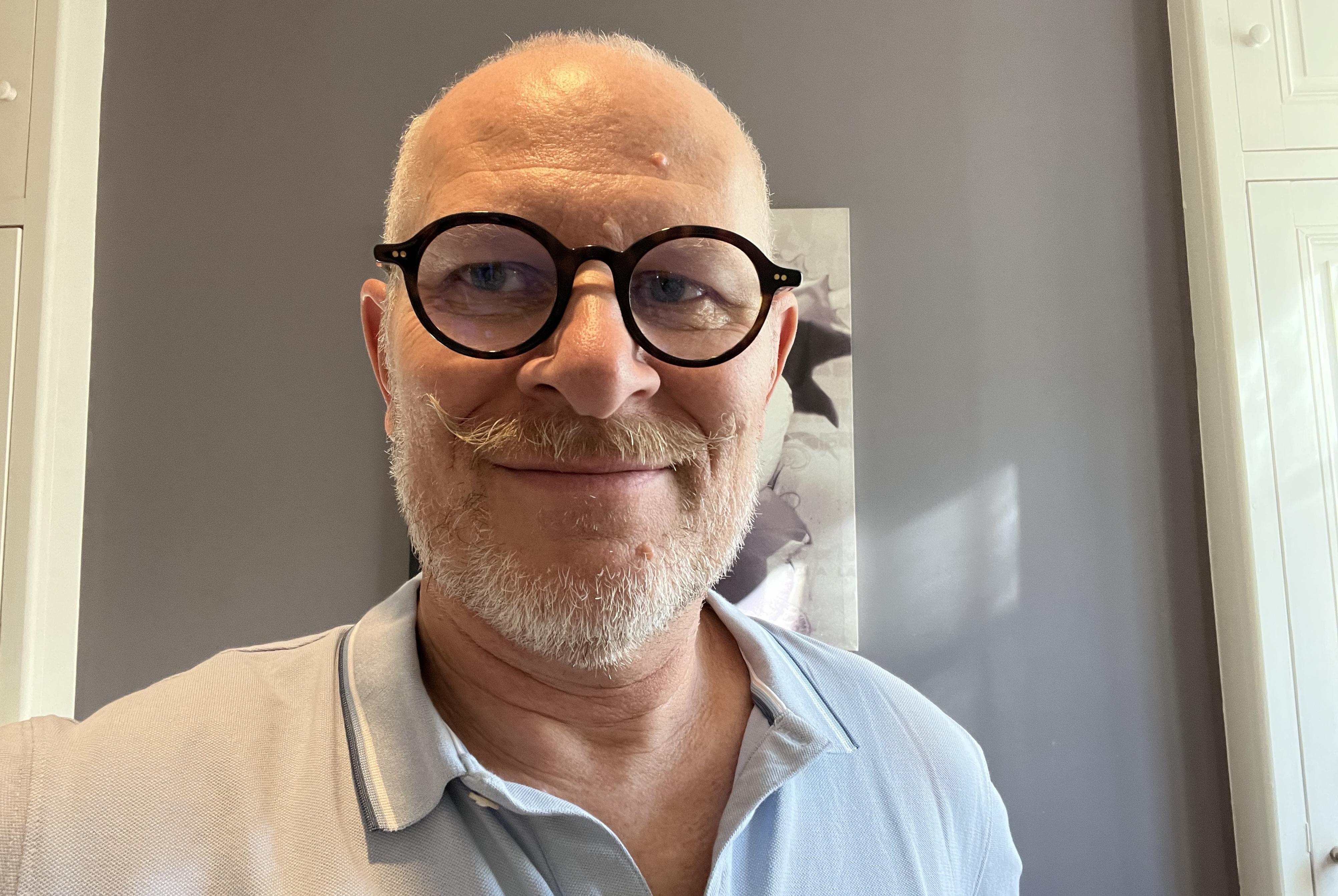On the occasion of World Parkinson’s Awareness Day, Breton farmer Sylvie Chaplain, 59, tells us about her fight against the disease. Separated for five years, she is the mother of two grown children who have left home.

- Parkinson’s disease is a chronic neurological disease that evolves differently from one patient to another.
- There are approximately 200,0000 people with Parkinson’s disease in France, a figure that is constantly increasing.
- The incidence of the disease is 13% higher among farmers than in the rest of the French population, according to Santé Publique France.
- Parkinson’s can be classified as an occupational disease for farmers who have carried out work “usually exposed to pesticides” for at least 10 years.
Why Doctor – How were you diagnosed?
Sylvie Chaplain- I had trouble writing for a long time, but I didn’t know it was a symptom of Parkinson’s disease, so I didn’t deal with it.
I felt that something was really wrong following a foot operation (I suffered at the time from a Hallux valgus). When I woke up, my foot wasn’t straight, I was in a lot of pain and I couldn’t walk at all. The two months following the intervention, I had no more energy, I was flat.
My GP therefore sent me to see a neurologist, who knew what I was suffering from even before examining me, when he saw me on the doorstep of his office. I was 53 then.
What are your symptoms today?
I live pretty much normally. Thanks to my treatments, it’s not too obvious that I’m sick, because I don’t have tremors or dyskinesias. The most crippling symptom for me is when my foot locks, like it’s turning to stone. I can then do nothing more, and I only think about that. I also feel tired, as well as aches and cramps during the night. I also have trouble concentrating.
What treatment are you currently taking?
I’m not very dosed; I haven’t changed treatment for 5 years. Basically, I take a pill every four hours (levodopa, sifrol, antidepressant), which is painful to bear. If I don’t take them, I have no more energy. If you forget, the body does not restart properly, like when you run the car completely out of gas. To avoid confusion, many patients use the alarms on their telephone, but personally I don’t, for fear of being noticed if I am in a public place.
Does Parkinson’s disease have an impact on your social relationships?
My relations with my children are good, even if it took them time to adapt. Regarding my couple, I would have divorced anyway, but the illness accelerated things.
Parkinson’s disease also has a strong impact on friendships. Firstly because overnight, pathology excludes from the professional and associative sphere. Suddenly, we are no longer in the race, without having been prepared for it. Then, we hold less late during the evenings. Finally, many people are uncomfortable with the sick, and we are often seen only through this prism.
What are you doing today on a daily basis?
It’s a good question… I don’t go fast, so time flies. I tinker a lot: yesterday, I made paper beads and a bracelet for example. I also take great care of my big house, and I collect stamps, a passion I’ve had since I was 10 years old. I also go for a walk every day, and, when my concentration allows me, I watch a little television or I read.
Finally, I got involved in the France Parkinson association, in which I am taking on more and more responsibilities. This allows me to fight against the disease, while meeting new very friendly people.
French farmers are more affected than others by Parkinson’s disease, in particular because of pesticides. Have you handled this type of product?
At the time, it was more my brother, in charge of our 50 hectares of cultivation, who handled the pesticides, even if I had to wash a few cans.
On the other hand, to clean my livestock buildings, I handled a lot of detergents and disinfectants made from the same components as pesticides. As a result, I was able to have my Parkinson’s disease recognized as an occupational pathology.
How do you live today?
Since I could no longer work, I sold the pig and cattle farm that I owned with my brother. Today, I live on the daily allowances that were put in place for farmers a few years ago, ie 26 euros per day. I also receive another small nest egg every month, via insurance that I had taken out to be able to cope in the event of a hard blow. This is not obvious.
Are you satisfied with your care?
I manage, even if I have lots of questions and apprehensions. I took care of myself, I did not wait for help.
Does covid-19 have a particular impact on you?
Yes, because I have the impression of being doubly confined: in my body and in my life. It’s not simple.
How do you see your future?
I hope to enjoy a little, anyway.
Are there things to improve for people with Parkinson’s disease in France?
First the diagnosis, because it is a sneaky disease, with which one can live for a very long time without knowing it. That’s actually what happened to me. Next, health professionals should be better trained in Parkinson’s disease, because some still confuse it with other health problems, such as Alzheimer’s disease for example. Finally, there are Parkinson’s patients who are handled a little too brutally in the Ephad, you have to go more slowly.

.








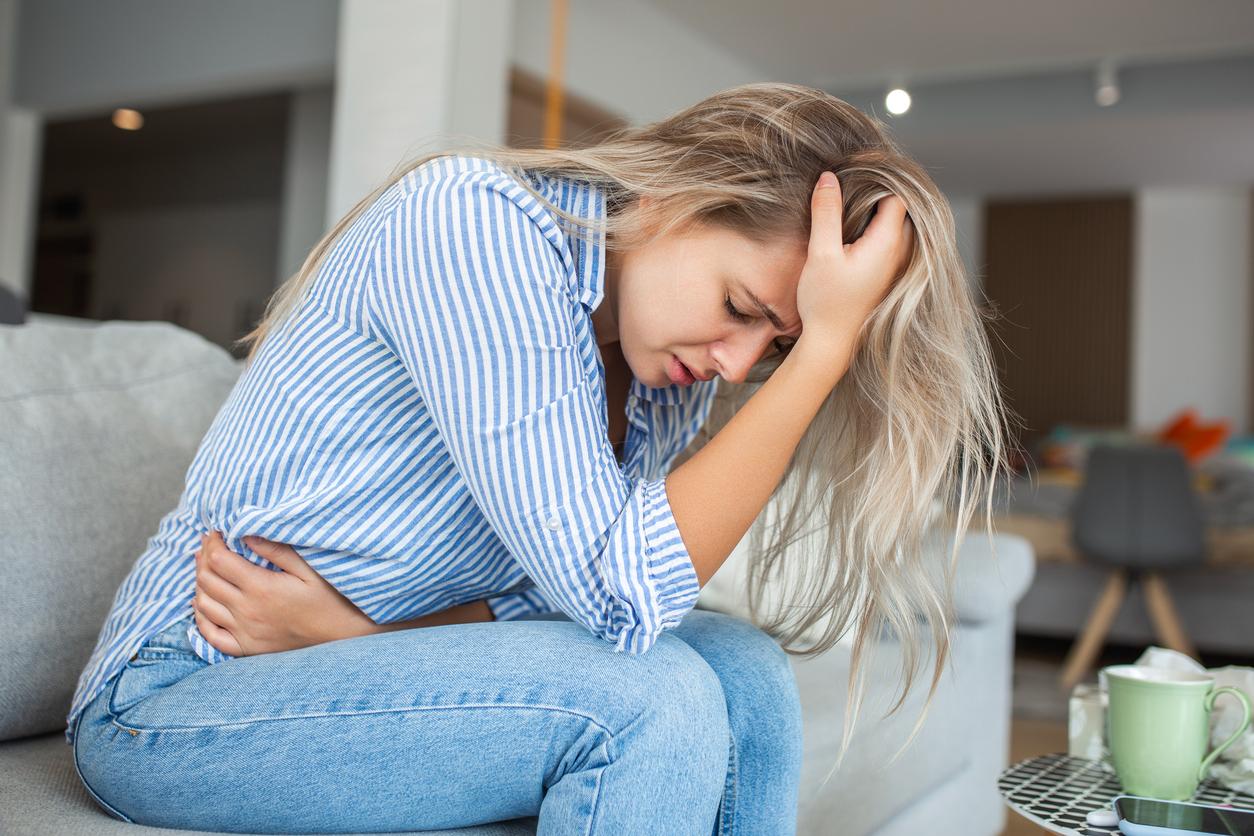

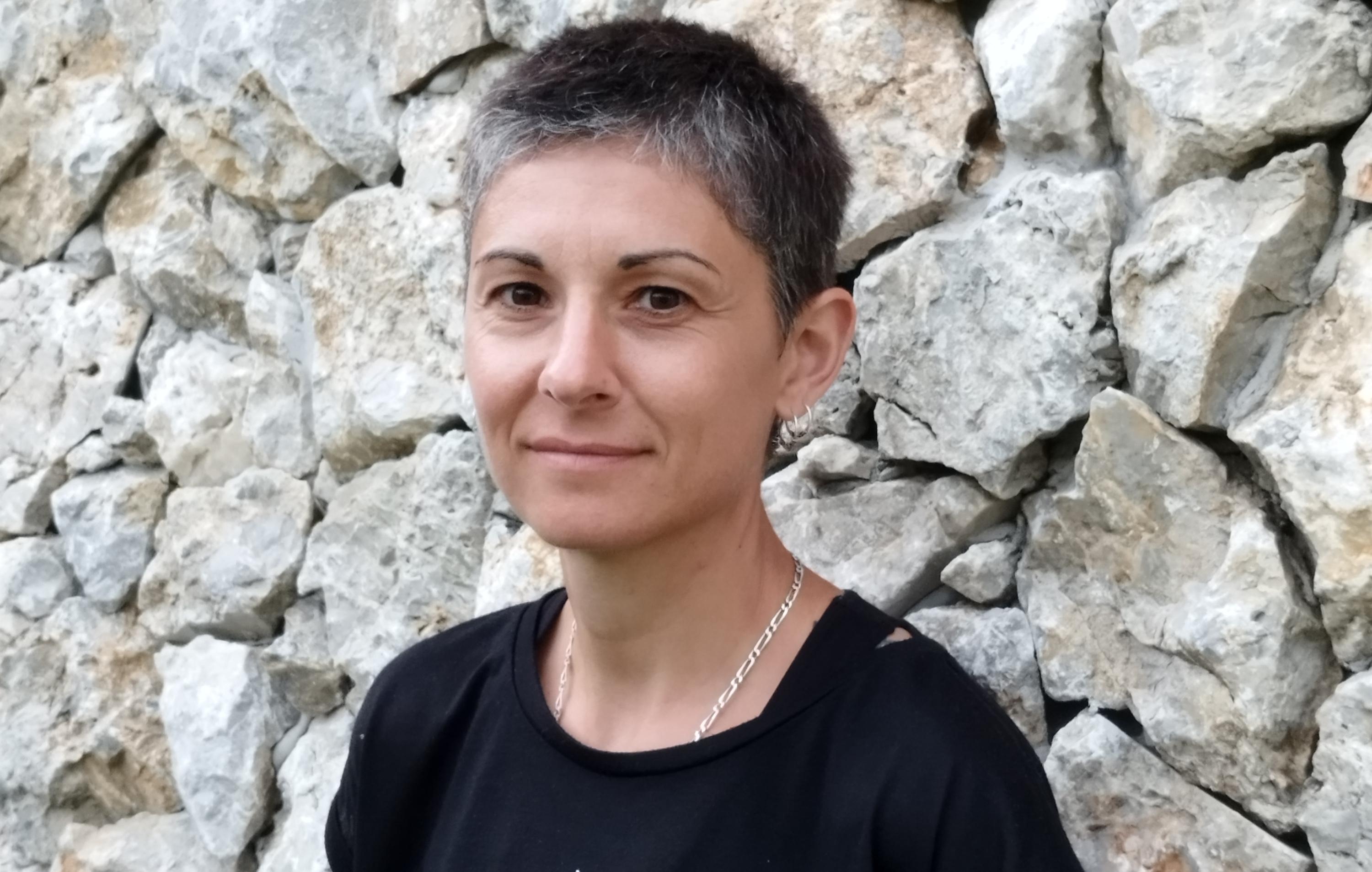

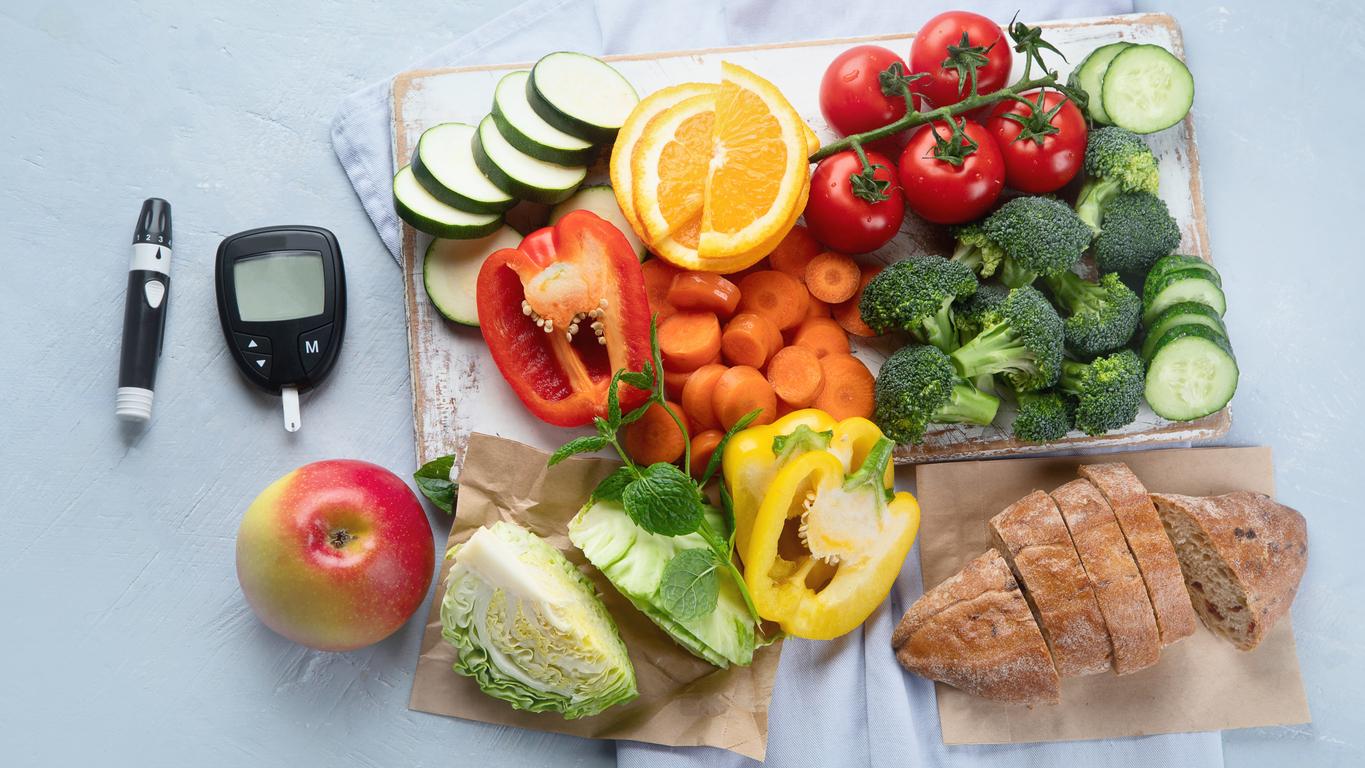
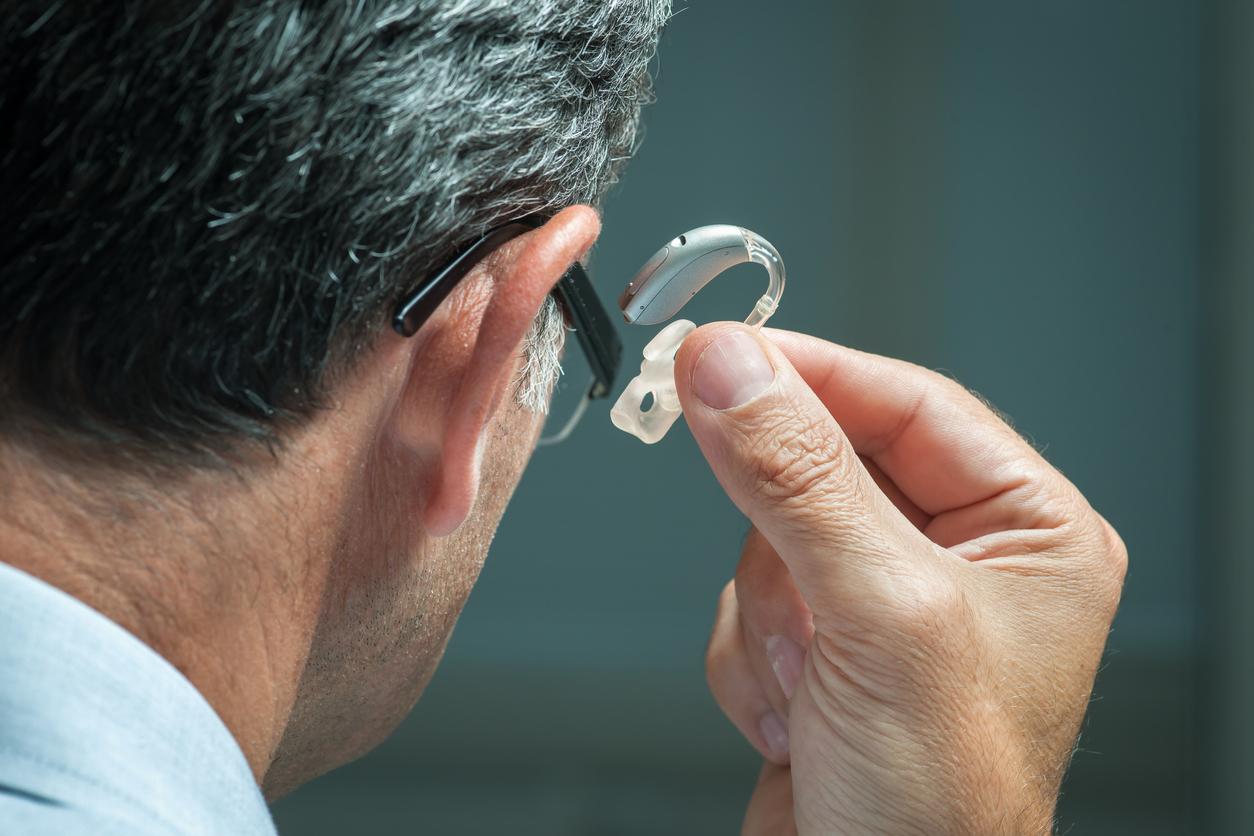
-1730888646.jpg)

